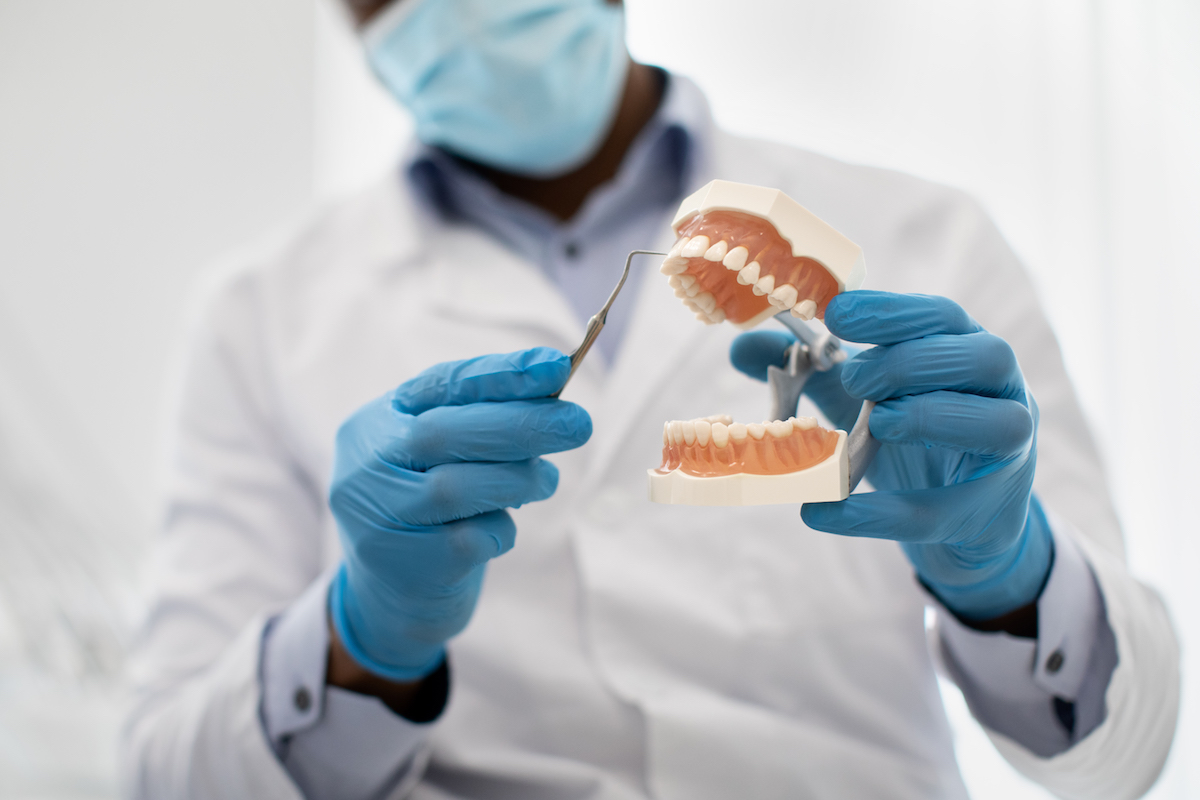Gum Diseases (Periodontology)
Gum diseases are conditions characterized by inflammation of the gums and the supporting tissues surrounding the teeth. Periodontology is the branch of dentistry dedicated to the diagnosis, treatment, and management of these diseases. Typically presenting with symptoms such as gum bleeding, swelling, redness, and bad breath, these conditions can progress to tooth loss if left untreated. The main causes include plaque and tartar buildup, inadequate oral hygiene, genetic factors, and systemic diseases. Regular dental check-ups, effective oral hygiene practices, and professional cleanings can prevent or control these issues.
Types of Gum Diseases
Gingivitis: The early stage of gum inflammation; it is reversible with proper care.
Periodontitis: An advanced gum disease affecting the supporting tissues; if untreated, it can lead to tooth loss.
Abscesses: Painful infections caused by the accumulation of pus in the gums or surrounding areas.
Traumatic Gum Problems: Physical damage caused by improper brushing, teeth grinding, and similar factors.
What Are the Symptoms?
Bleeding during brushing or spontaneously
Swelling, redness, and sensitivity in the gums
Persistent bad breath
Feeling of loose teeth
Gum recession and widening gaps between teeth
Treatment Methods
Scaling and Root Planing (Deep Cleaning): Removal of plaque and tartar causing gum inflammation.
Curettage (Root Surface Smoothing): Cleaning of inflamed tissues beneath the gum line.
Medication: Use of local antiseptics or systemic antibiotics as supportive treatment.
Surgical Interventions: Removal of inflamed tissues through advanced surgical techniques when necessary.
Frequently Asked Questions
Can gum disease recur?
Yes, if oral hygiene is not properly maintained after treatment, gum disease can return.
Can gum recession be stopped?
With early intervention, its progression can be halted; in some cases, surgical corrections may be necessary.
Does teeth cleaning damage the teeth?
No. When performed professionally, it is beneficial for both teeth and gums.
Do gum diseases only affect the mouth?
In advanced stages, they can impact systemic health; studies have shown links to heart disease and diabetes.
Is periodontal treatment painful?
It is performed under local anesthesia and is generally painless. Mild sensitivity may occur afterward.

